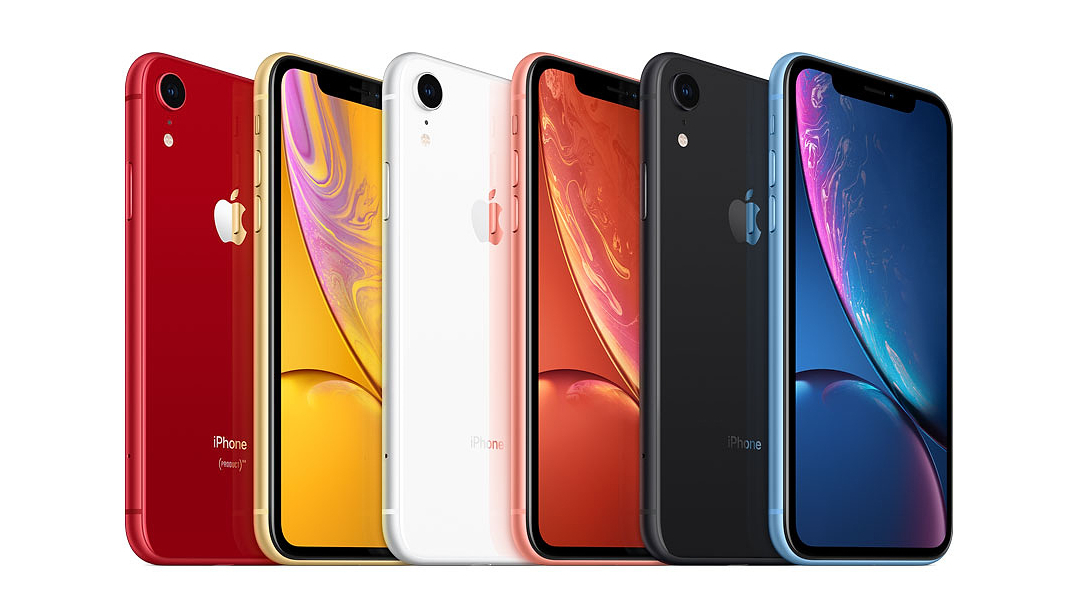Cell phone insurance seems like a no-brainer. The sheer cost of handsets means that if yours suffered an unfortunate mishap, you could have to spend over $1,000 for a top-of-the-line replacement, which may not be easy to come by at the drop of a hat. The best smartphones are expensive items. But it isn’t always that simple, particularly when you factor deductibles into it, not to mention claims limits and refurbished models. So, is cell phone insurance worth it? Read on to find out.
Why might I need cell phone insurance?
Cell phone insurance is there to offer financial protection should your phone be lost, stolen or damaged in any way, with any repairs or replacements paid for by the insurance provider. This means it’s particularly suited to those who have high-end models, and/or those who couldn’t afford to replace it; cell phone finance could of course be an option for replacement, as could personal loans, but if you’re already paying off a phone through your carrier, you may not want the additional expense. In this case, cell phone insurance becomes even more worthwhile.
This kind of insurance is typically offered through your cell carrier when you take out a new contract. However, you may not have this option with prepaid cell phone plans as you’ll typically be expected to pay for the phone yourself, which means insurance likewise won’t be an option. Luckily, there are several standalone options available – and for some people, they could be more cost-effective, which means even those with a contract may want to look elsewhere before signing up for insurance through their carrier.
Bear in mind that the precise details of any insurance package will vary according to the provider, so always check the small print to ensure you know exactly what you’re covered for – and as with all other forms of insurance, it’s generally the case that the higher the premiums, the greater the level of cover.

What are the downsides to cell phone insurance?
The cost involved is the most obvious downside. While some of the best cell phone providers offer insurance from as little as $7 a month, others charge far more, which can easily eat into your budget. Even the cheapest of insurance plans can add up, too: a $10/month policy will amount to $240 over a two-year contract, and you may never get to benefit from it. And if you do, you’ll need to pay some form of deductible – often around $100, but it can be a lot more for top-tier smartphones. If you need a replacement, you’re not guaranteed to get the same model or even a brand new one, with refurbished smartphones being commonplace.
Not all insurance packages are created equal, either, and it can sometimes be difficult to narrow down the options, particularly when your time is limited. Indeed, some plans will only be available for a few weeks after you’ve bought your new phone or agreed your new contract, and it’s this that offers another potential downside, as feeling rushed into a financial decision rarely ends well.
Then there’s the fact that arbitrary claims limits can mean cell phone insurance doesn’t make a lot of sense for those who really need it. You’ll typically only be allowed to make two claims in any 12-month period, but if you’re particularly accident prone, this may not be enough and you could still end up losing out.
You may even find that you’re already covered in some way – those who take out a new contract are typically offered extended warranties for the handset, which should be enough to cover you against malfunctions (though it won’t protect you against damage from other means). You might even have some protection afforded to you via your homeowners insurance, so make sure to check the details of your policy.

Should you bother with cell phone insurance?
It depends. If you’re not particularly careful with your smartphone and have worked your way through a few models in recent years, it may be worth insuring it so you don’t have to cover the cost of a new one yet again. On the other hand, if you’re generally careful with your possessions and have never so much as cracked a screen, paying out for insurance may merit greater consideration to determine if it’s really worthwhile.
Yet it often comes down to your finances, too. If you’d be able to comfortably afford a replacement phone if yours was lost, stolen or damaged beyond repair, insurance may not be worth it. Conversely, if your budget doesn’t allow for buying a new handset outright, it may be worth considering, if only for the peace of mind that insurance can bring.
As with so many things, it’s a personal decision, but finding the right insurance package is key. Most cell phone providers will be able to offer different levels of cover depending on your budget, so always compare the options to make sure you’re getting a competitive deal. Pay particular attention to things like deductibles, as well as their policy on replacements, to ensure you’re getting the best value for money.
Remember that you don’t always have to get insurance through your cell phone provider, either, and in some cases, you may be better off looking elsewhere. Always do your research to see what’s out there, and you can be confident in getting the cover you need at a price that makes sense.

